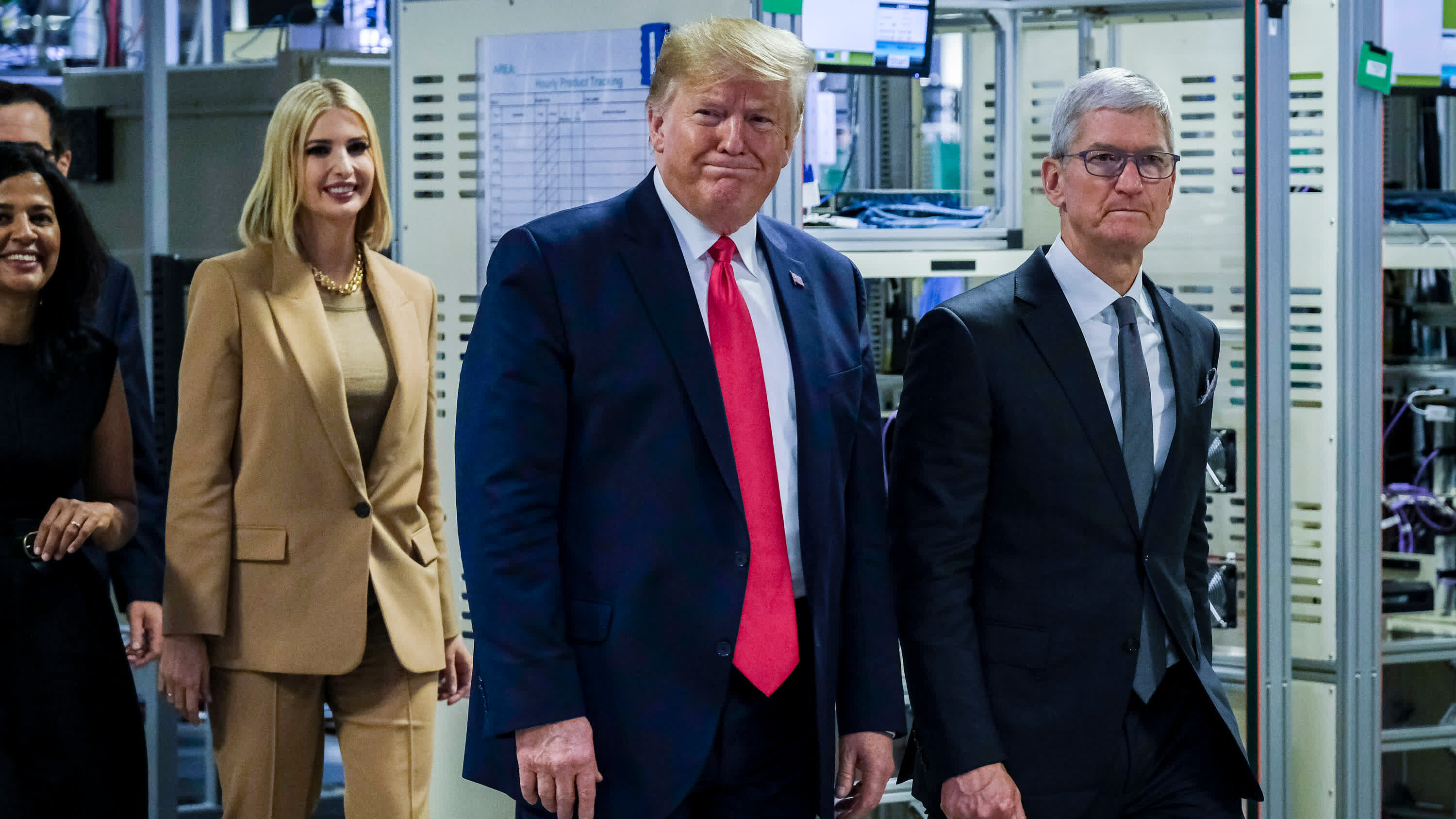In a nutshell: The UK looks set to back down in its fight with Apple over demands that it weaken its encryption protocols to allow backdoor access to encrypted user data. According to reports, the UK Home Office is facing pressure from Washington, including vice-president JD Vance, to let the matter go.

In January, the British government issued Apple with a "technical capability notice" that demanded a backdoor be built into its encrypted iCloud services, thereby allowing agencies to access backups of any global customer without a court order.
Rather than risking compromising the security of its users globally, the company decided the best course of action was to remove its Advanced Data Protection (ADP) option for new UK users, with existing ADP users disabling the feature manually during a grace period.
Now, The Financial Times reports that the UK government is looking to back out of the situation, likely in a way that enables it to save face. It seems the Labour party is worried about upsetting Trump's administration, especially as the two countries engage in sensitive trade talks.
NEWS: The UK Government is facing pressure from the US to withdraw its encryption-breaking order to Apple
– Big Brother Watch (@BigBrotherWatch) July 21, 2025
This order is an unprecedented attack on privacy rights that has no place in any democracy.
Read⤵️https://t.co/mXFjpAN3rC
VP Vance has been an especially vocal critic of the UK's demands. He said the idea of "creating a backdoor in our own technology networks" that enemies could exploit was "crazy," even when they were implemented for domestic security purposes.
"This is something that the vice-president is very annoyed about and which needs to be resolved," an unnamed UK senior official told the newspaper. "The Home Office is basically going to have to back down."
The VP has also been critical of what he frames as attacks on free speech by European governments. Another source told the FT that the UK government is keen to avoid Vance seeing the situation as a free-speech matter.
A third official said the UK had "its back against the wall," and wants a way out. "It's a problem of the Home Office's own making, and they're working on a way around it now," they said.
Even President Trump has urged UK Prime Minister Starmer not to introduce anything that breaks encrypted communications.

Soon after Apple disabled end-to-end encryption for iCloud users in the UK, there were reports that US had started investigating whether the UK government had violated the Cloud Act data treaty. The Act states that the UK may not issue demands for data of US citizens, nationals, or lawful permanent residents, nor may it demand data from individuals located inside the United States.
In April, it was confirmed that Apple is going to trial against the UK government. Cupertino secured an early win in the legal battle when the UK Investigatory Powers Tribunal dismissed an attempt to have details of the case kept private.
"It would have been a truly extraordinary step to conduct a hearing entirely in secret without any public revelation of the fact that a hearing was taking place," said the judges.
UK wants to drop Apple iCloud backdoor demand over fears of US backlash